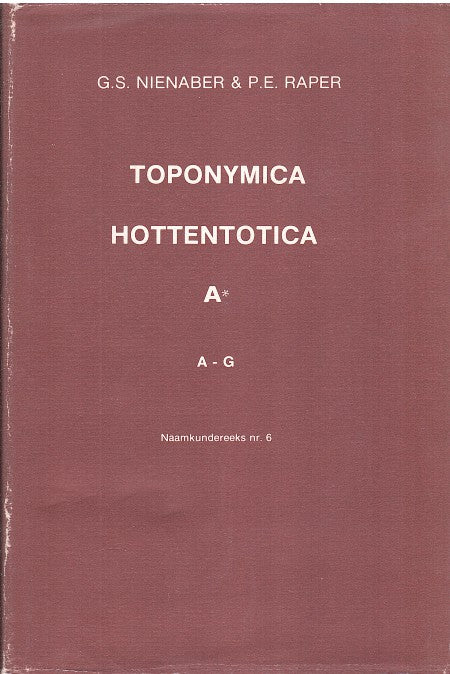eng
Botha 1926 PNCP 67 Translate Beutler's 'Smal Bosch' with 'Small Forest', followed by Sesea 3 296; It's less precisely. APN 1951 80 the post office and railway station on the route Port Elizabeth and Alicedale gave the spell of CoNey. A1 The old travelers from before 1800 wrote the second member with a -no (-), so it also occurs on the consulted cards, not with a -e (y). Two's something about the meaning, Beutler ('Smal Bosch') and, after it, Gordon, if the 'Narrow Doorn River' is a translation. On the first component, written by Sparrman and Gordon with a suction consonant in front, there is no doubt. It is like Nama ° R ° 'Schmal' (Kr.- ╪oxokwa, for Afr. 'Narrow'. Koer or jungle is 'narrow' (not 'small' but 'eng'). The -no (-) is less certain. We suspect that it may be the same word as modern Nama ǀǀ Nau-B, 'Zweig', which could have included the meaning of 'forest'. With -ney as second component, it is at all easier. Then it is certainly like Nama hi- = forest, wood, with the very ordinary change h x n (see 5 d 6), d.w.s. Hai varies here soundly with nei. The name can then be reproduced according to the norms in Nama as ╪0R-Nai, whichever ╪or-hai, literally 'Smalbos'. It is then, as far above the above, applied to the river.
afr
Botha 1926 PNCP 67 vertaal Beutler se 'smal bosch' met 'small forest', daarin gevolg deur SESA 3 296; dit is minder juis. APN 1951 80 het die poskantoor en spoorwegstasie op die roete Port Elizabeth en Alicedale die spelling gegee van Coerney. A1 die ou reisigers van voor 1800 skryf die tweede lid met ’n -no(-), so kom dit op die geraadpleegde kaarte ook voor, nie met ’n -ne(y) nie. Twee se iets oor die betekenis, Beutler ('smal bosch') en, na dit voorkom, Gordon, indien die 'smalle doornrivier' ’n vertaling is. Oor die eerste komponent, deur Sparrman en Gordon met ’n suigkonsonant vooraan geskryf, hoef daar geen twyfel te bestaan nie. Dit is soos Nama ╪°r° 'schmal' (Kr.-R. 1969 NW 333), nou sonder die k- wat as klankverskynsel gewoon is (HOTT 186 e.v.), of dink aan die stamnaam, by Van Riebeeck Kochoqua, later ╪Oxokwa, vir Afr. 'Smalwange'. Koer- of Oer- is wel 'Smal' (nie 'klein' nie maar 'eng'). Die -no(-) is minder seker. Ons ver- moed dat dit dieselfde woord as moderne Nama ǀǀnau-b, 'Zweig', mag wees wat die betekenis van 'bos' kon ingesluit het. Met -ney as tweede kompo- nent is dit enigsins makliker. Dan is dit stellig soos Nama hei- = bos, hout, met die heel gewone wisseling h x n (kyk 5 D 6), d.w.s. hai- wissel hier klankmatig af met nei-. Die naam kan dan volgens die norme in Nama weergegee word as ╪0r-nai, waarnaas ╪Or-hai-, letterlik 'Smalbos'. Dit is dan, vir sover bostaande juis is, toegepas op die rivier.




